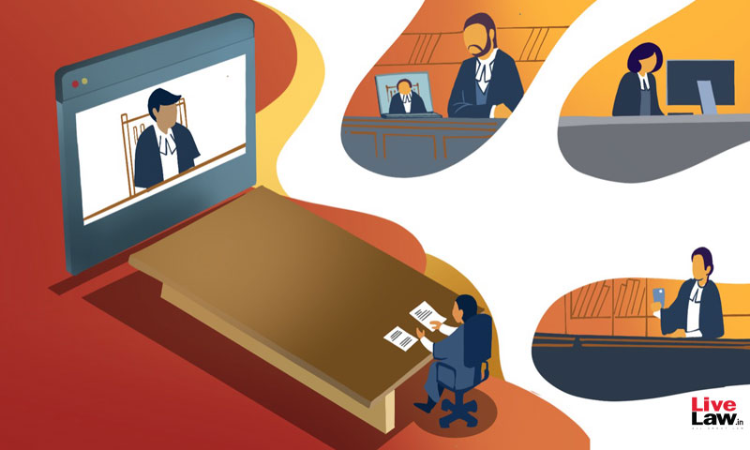Delhi High Court Allows Examination Of Two Witnesses In US Through Video Conferencing In Commercial Suit
Nupur Thapliyal
20 Feb 2024 9:59 AM IST

Next Story
20 Feb 2024 9:59 AM IST
The Delhi High Court has allowed examination of two witnesses in a commercial suit, residing in the United States of America (USA), to be conducted through video conferencing mode as per the High Court of Delhi Rules for Video Conferencing for Courts, 2021. Justice Sanjeev Narula said courts must foster an environment where the reliability of testimony, whether delivered in person or...
